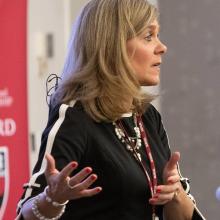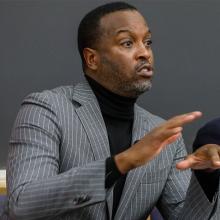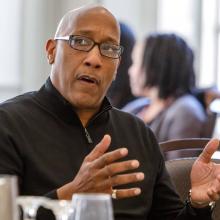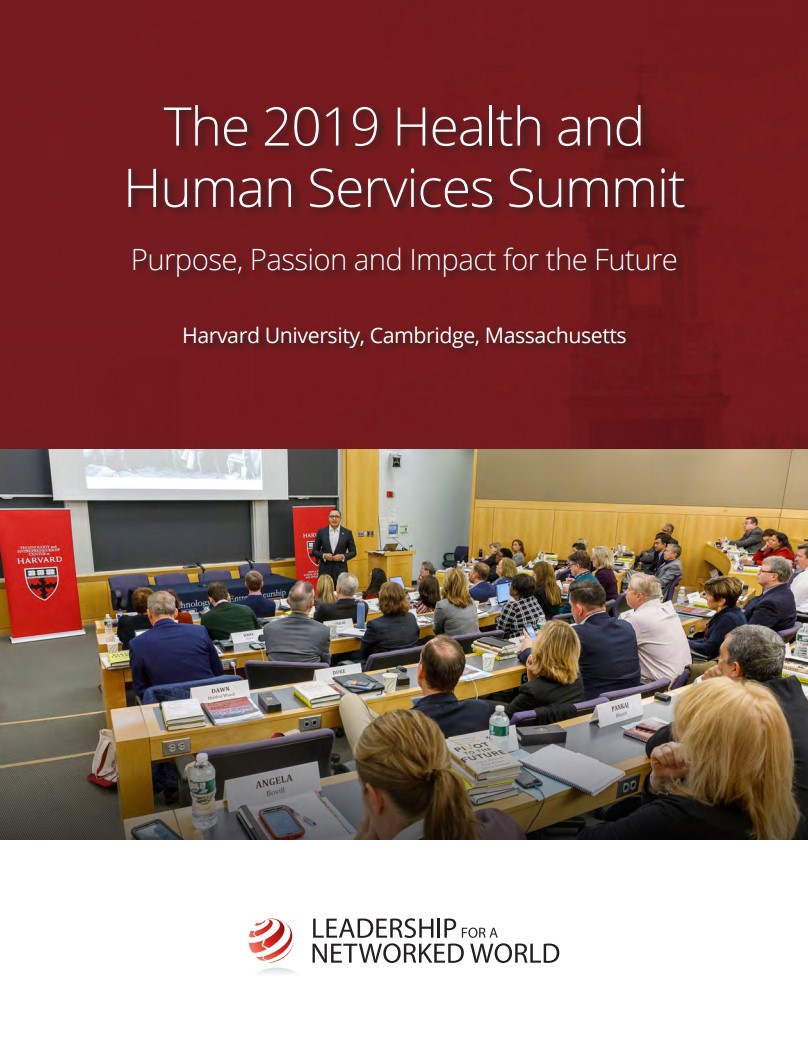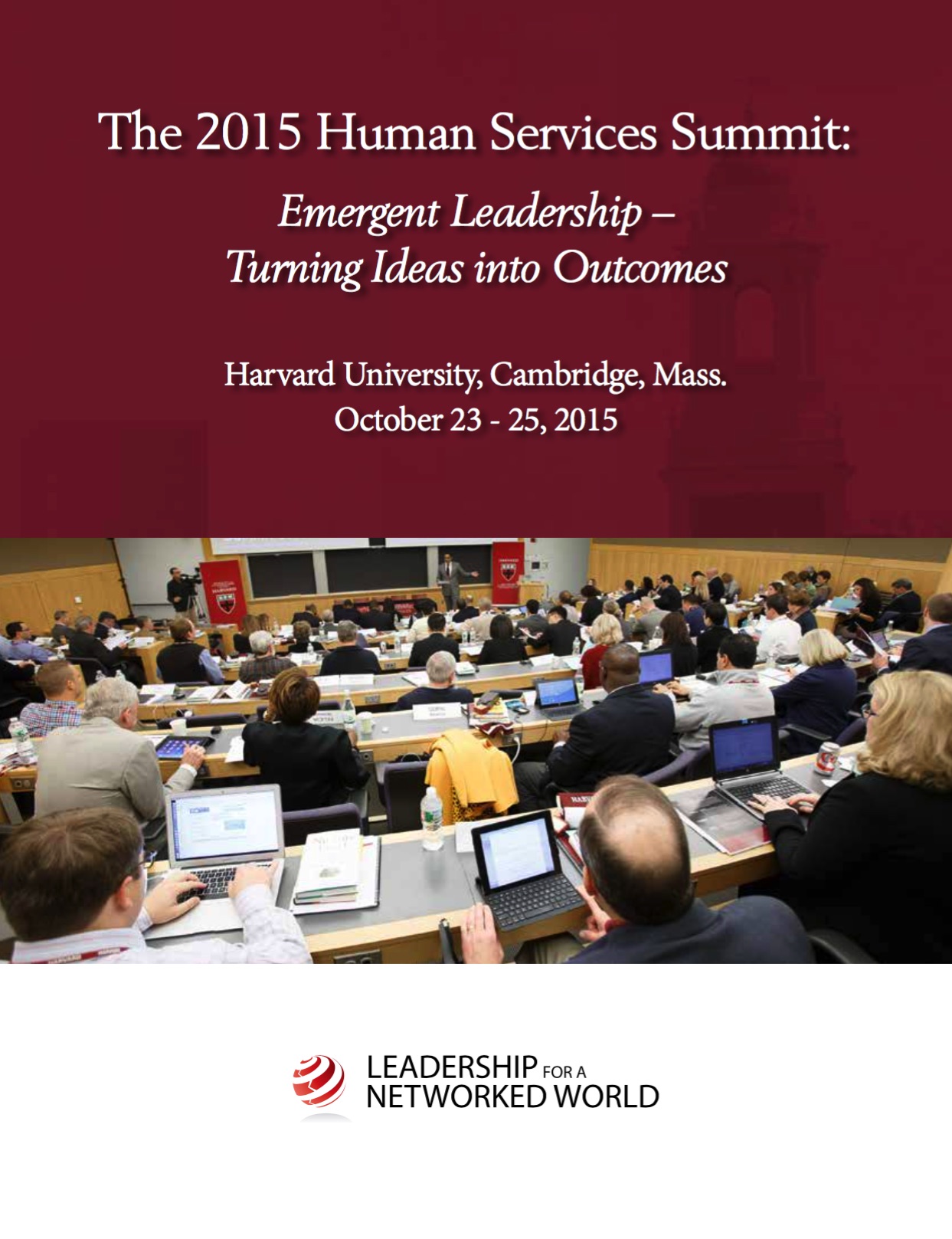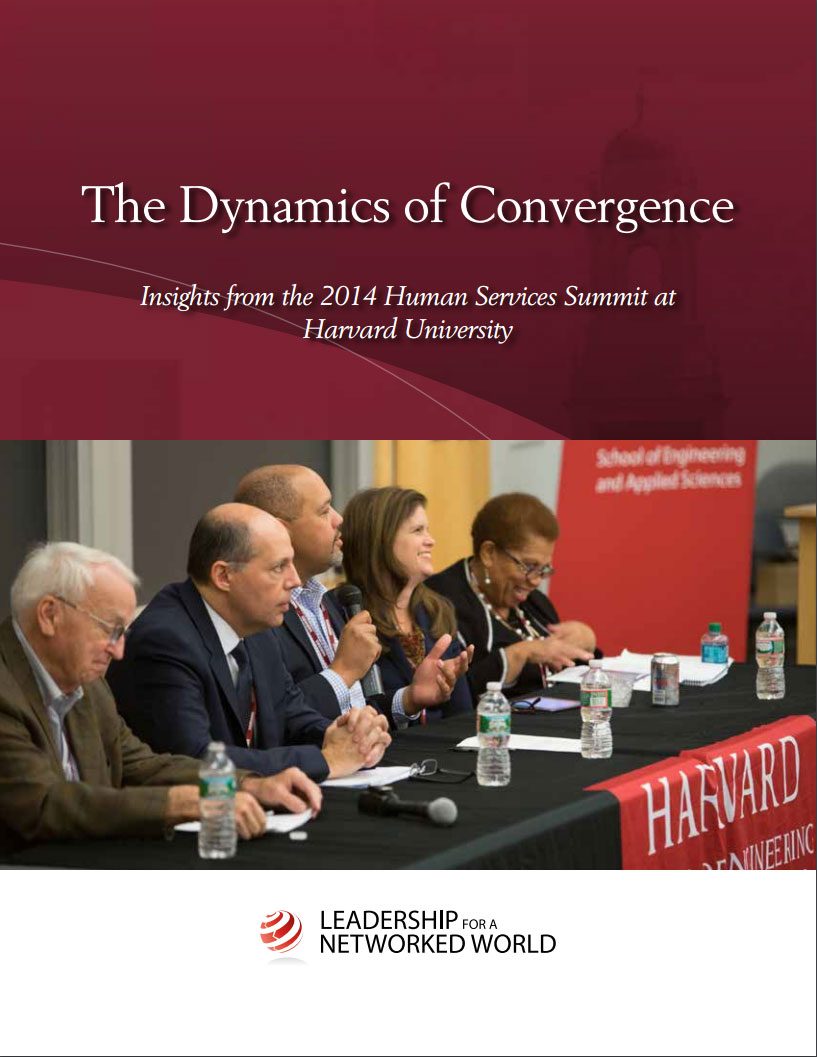About the Summit
Overview
Amid a complex and volatile world, forward-thinking leaders in Human Services are embracing reinvention, turning challenges into opportunities, and building the capacity for change. These visionary leaders are not only shifting their perspective – they are redefining the future of social and economic mobility for generations to come.
Visionary leadership in today’s dynamic landscape is crucial for all sectors, but for Human Services executives, the stakes are even higher. From tackling systemic inequities and advancing social justice to navigating workforce shortages and budget constraints, the demands are multifaceted. Add to this the transformative impact of AI, digital technologies, shifting demographics, policy uncertainties, and crisis responses, and the need for new solutions becomes clear.
At this critical juncture, Human Services leaders must cultivate capacity within themselves and their teams. They need to embrace new capabilities, leverage data-driven insights, foster agile collaboration, and design innovative operating models faster than ever before.
To address this imperative, the Technology and Entrepreneurship Center at Harvard and Leadership for a Networked World, in collaboration with Change & Innovation Agency, are convening the 2024 Human Services Summit: Leadership in Dynamic Times. Taking place from October 25-27, 2024, at Harvard University in Cambridge, Massachusetts, this Summit offers a unique opportunity to create the future with leading practitioners, industry experts, and Harvard faculty.
Drawing on over a decade of research and events in health and human services, the Summit aims to catalyze innovation and generative growth, guided by the Human Services Value Curve framework. Through practitioner case studies, ideation sessions, and topical workshops, participants will develop actionable transformation plans and sharpen their leadership skills. Join us to become part of a vibrant community of peers and experts, ready to drive organizational capacity and deliver better outcomes for communities, families, and individuals.
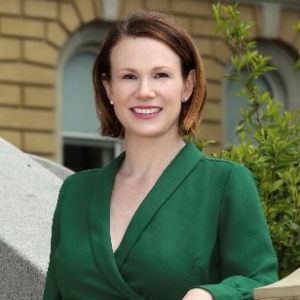
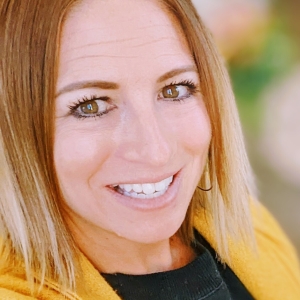
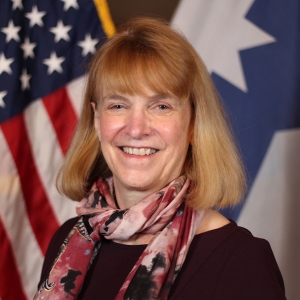
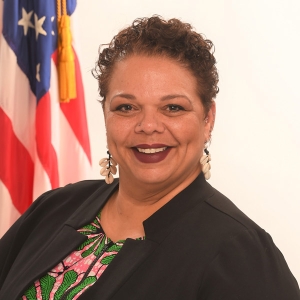
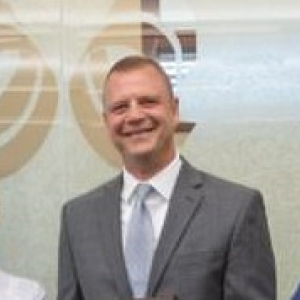
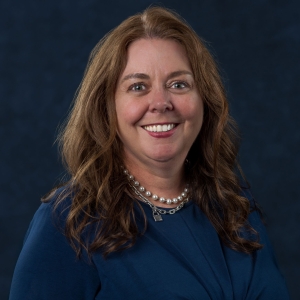
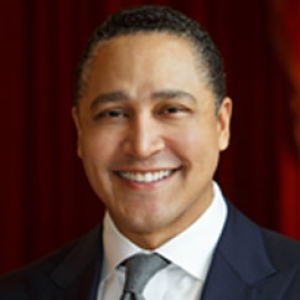
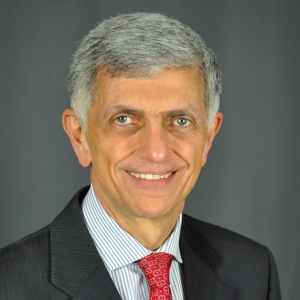
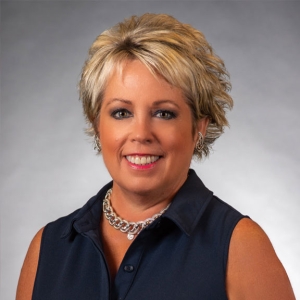
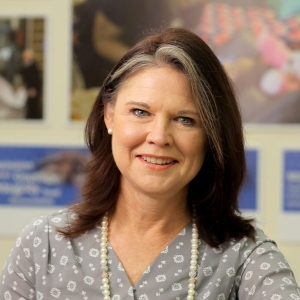
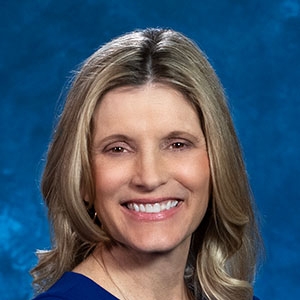
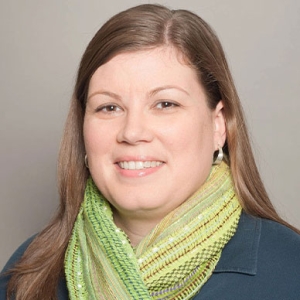
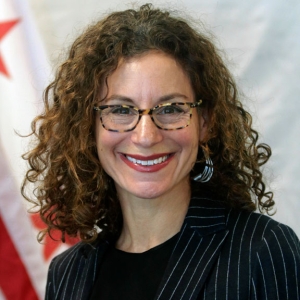
Who Should Attend?
Summit attendees are senior-level, health and human services executives, who aspire to improve outcomes and impact in the short term and design new solutions for the future. Regardless of title, all Summit attendees are “Chief Transformation Officers” in practice – leaders who strive to achieve equity in outcomes and build the social and economic mobility and wellness that help people, families, and communities thrive.


Admission & Participation
The Summit is an invitation-only program for senior health and human services executives. Other applicants will be reviewed and accepted on a case-by-case basis, depending in part on available space. We typically receive more applications than we can accommodate, so apply for your seat as soon as possible. This event is supported by the hosting and collaborating organizations, so there is no tuition fee to attend. Travel and hotel expenses, however, are the responsibility of individual participants.

